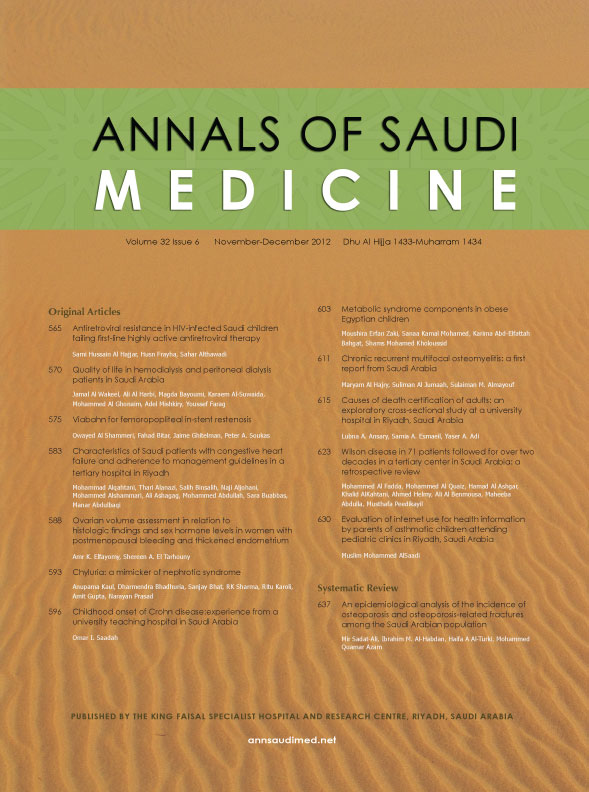 Are plagiarists parasites? And what if they work in the field of parasitism — like M. Shafiq Ansari and colleagues at Aligarh Muslim University in India?
Are plagiarists parasites? And what if they work in the field of parasitism — like M. Shafiq Ansari and colleagues at Aligarh Muslim University in India?
The Journal of Insect Behavior is retracting a 2011 paper by Ansari’s group, “Foraging of host-habitat and superparasitism in Cotesia glomerata: A gregarious parasitoid of Pieris brassicae,” for its similarity to a 2003 article on the same species by other researchers. The insect in question is a form of wasp that, in a case of life imitating Alien, lays its eggs in living caterpillars, which the little buggers eat from the inside out. (Turnabout apparently is fair play in this grisly interaction.)
Here’s the retraction notice (it’s a PDF): Continue reading Parasitology plagiarists get retraction — and a publishing ban



